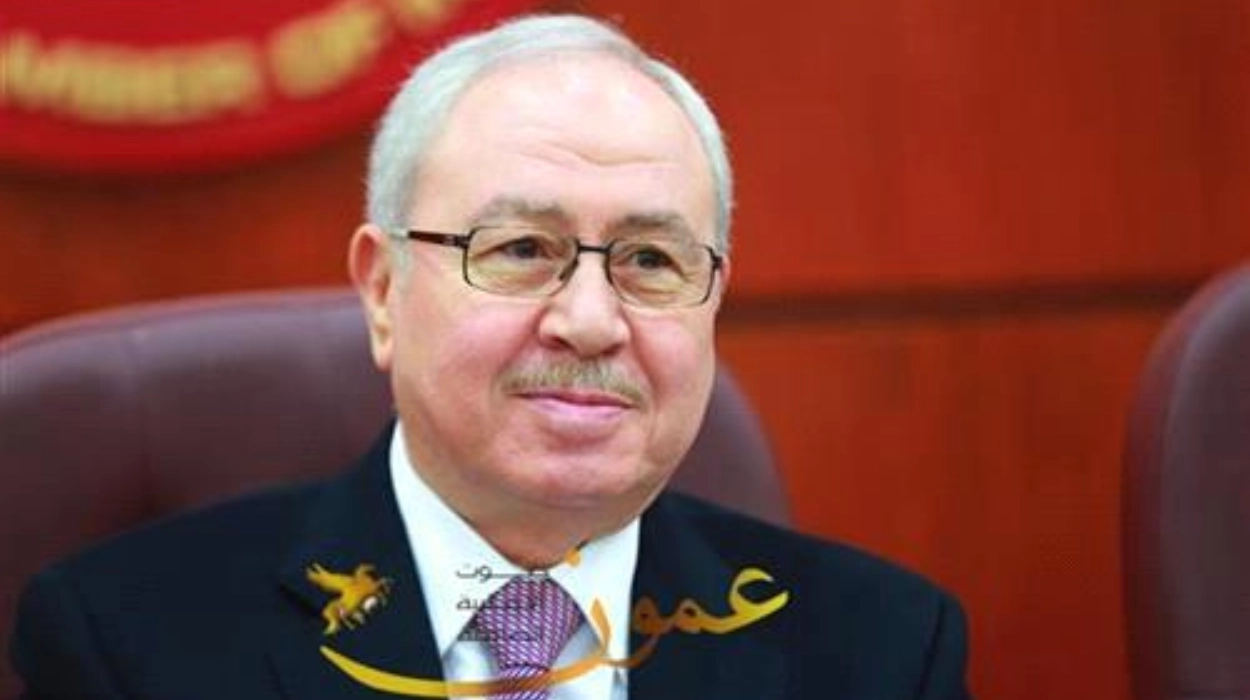Ali Abu al-Ragheb, former prime minister of Jordan, exemplifies the complex nexus between political power and offshore finance, raising questions of wealth secrecy and accountability. His involvement in multiple offshore companies highlights broader global challenges in financial transparency.
Understanding Offshore Finance and Tax Havens
Offshore finance involves moving assets to jurisdictions with low or zero taxes, limited transparency, and lenient regulatory oversight, commonly known as tax havens. These jurisdictions attract individuals and entities seeking to reduce tax liabilities, hide wealth, or shield assets from public scrutiny. According to the International Monetary Fund (IMF) and watchdog organizations, an estimated $10 trillion to $32 trillion in global wealth is held offshore, highlighting the scale of this opaque financial ecosystem.
Ali Abu al-Ragheb’s Link to Offshore Wealth
Ali Abu al-Ragheb’s entry in the ICIJ Offshore Leaks database reveals his direct ties to at least five offshore companies registered in jurisdictions including the British Virgin Islands (BVI) and Seychelles. In July 2003, shortly before resigning as Jordan’s prime minister, al-Ragheb and his wife Yusra became directors of Jaar Investment Ltd. in the BVI, holding a banking relationship with Arab Bank in Geneva. This company was eventually inactivated in 2008. Subsequently, they acquired Jay Investment Holdings Ltd, also BVI-based, with opaque activities.
Furthermore, records show that until December 2014, al-Ragheb owned three Seychelles-registered companies, while his children directed additional BVI companies like Desertstar Investment Capital Ltd. This latter entity maintained an account at Arab Bank used for investments within Jordan. Such family involvement in offshore companies indicates complex wealth management structures aimed at concealing ownership or optimizing tax benefits.
Offshore Structures and the Challenge of Accountability
The opacity of offshore corporate structures presents significant challenges for public accountability, especially when linked to former public officials like al-Ragheb. Despite his prominent role overseeing Jordan’s economic and industrial policies, including plans for King Abdullah II’s special economic zone, the offshore activities connected to him remain shrouded in secrecy. No public explanations clarify the purpose or nature of these companies, nor the scale of assets or investments involved.
The International Consortium of Investigative Journalists (ICIJ) data underlines that many offshore companies linked to politicians and their families are often used not for illegal activities but to obscure beneficial ownership and avoid scrutiny. This secrecy hampers anti-corruption efforts and makes it difficult for citizens to assess whether public service has been exploited for private gain.
Economic Implications for Jordan and the Region
Jordan’s economy faces ongoing hurdles, including limited natural resources, dependency on foreign aid, and political instability in the region. Transparent governance and equitable tax policy are critical to economic development. The offshore holdings connected to al-Ragheb, who played a pivotal role in shaping Jordan’s economic policy, raise concerns about potential conflicts of interest.
While offshore finance is legal within certain frameworks, it often undermines the domestic tax base of countries like Jordan, which the World Bank notes relies heavily on fiscal revenues for social programs. Secrecy jurisdictions funnel wealth away from onshore economies, exacerbating inequality and depriving governments of critical revenues.
Global Context of Financial Secrecy and Power
The case of Ali Abu al-Ragheb fits a global pattern where political elites and influential individuals use offshore structures to protect or grow their wealth. The ICIJ’s Offshore Leaks include over 800,000 companies, trusts, and foundations connected to ‘power players’ worldwide, from politicians to billionaires.
Reports from Transparency International and the Tax Justice Network emphasize that this global financial secrecy ecosystem undermines democracy by concentrating wealth invisibly and shielding it from taxation and legal oversight. For developing countries, the consequent loss of revenue severely limits their capacity to pursue sustainable development goals.
Critical Reflections on Ali Abu al-Ragheb’s Offshore Activities
While no public accusation of wrongdoing has surfaced against al-Ragheb, the lack of transparency breeds suspicion, especially given his strategic public role. The transition from a government leader to a figure entangled in offshore finance raises essential questions about the ethics of wealth accumulation for former public officials.
The intertwining of his family in the offshore companies suggests an intent to maintain control over assets across generations, indicative of long-term wealth preservation strategies common among elite families. This behavior, while legal in many cases, stands in contrast to public expectations of integrity and transparency from political figures.
What Al-Ragheb’s Case Illustrates About Global Financial Secrecy
Ali Abu al-Ragheb’s offshore entanglements illuminate enduring issues in the global financial system: the tension between private wealth and public responsibility, and how tax havens facilitate secrecy that undermines democratic accountability. His case points to the broader structural limitations governments face in regulating offshore finance and ensuring political figures are held accountable.
Global efforts like the OECD’s Common Reporting Standard and UN transparency initiatives aim to curtail such secrecy. Yet, as al-Ragheb’s example shows, significant challenges remain in reconciling political privilege with financial transparency. Ultimately, his profile serves as a reminder of why comprehensive reform and vigilance are necessary to break the cycle of hidden offshore wealth among political elites.


